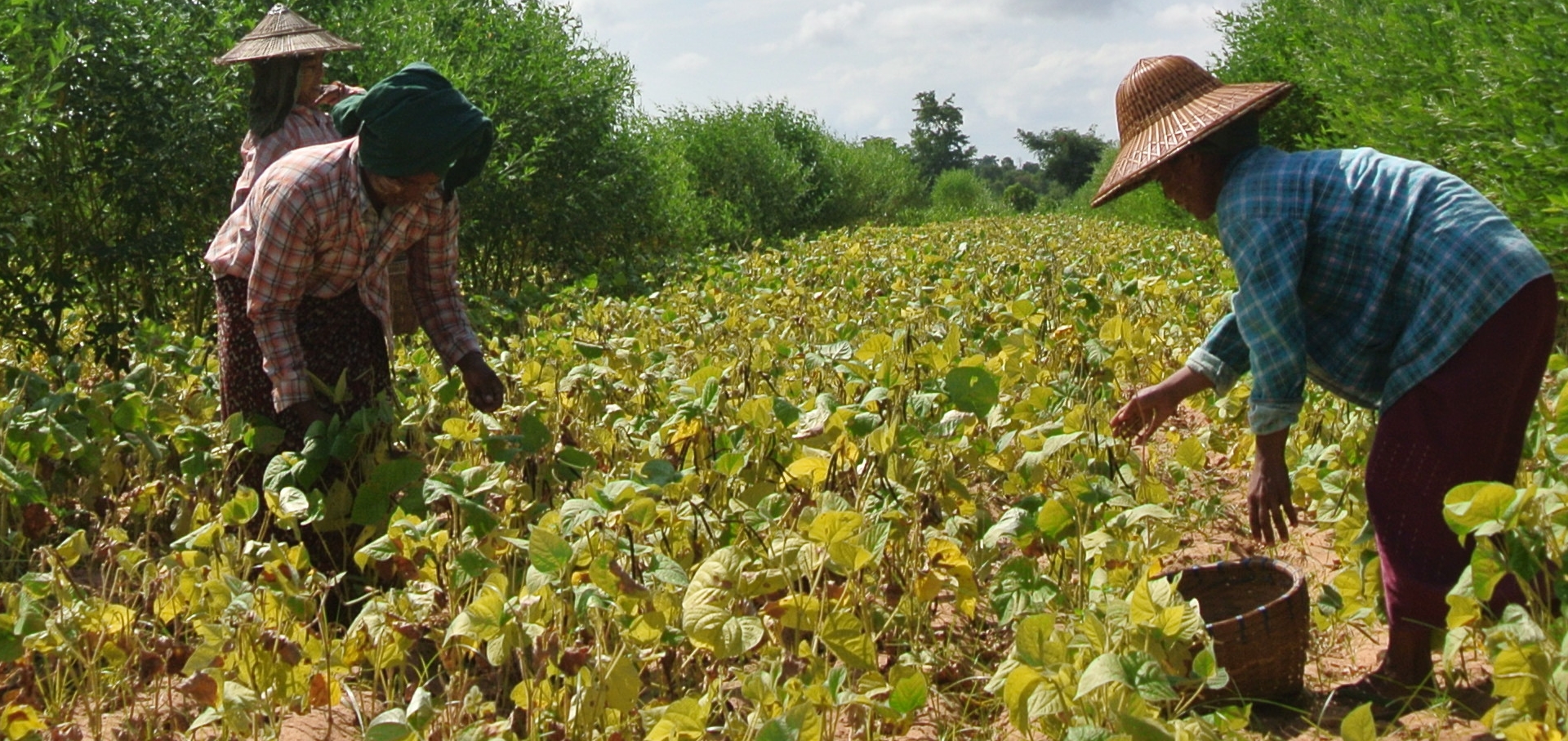As pointed out in the Global Hunger Index, the annual report of which Cesvi has curated the Italian edition since 2008, there are many factors which reduce agricultural, water and energy resources on which worldwide food security depends.
The first factor is demographic growth: we are seven billion on the planet and we will increase, according to the previsions, to nine billion by 2050.
Then there is the growth of salaries in developing countries, with the resulting trend towards diets richer in protein – which use up more resources; deforestation, extension of deserts and the effects of climate change; greater energy consumption with a consequent rise in energy prices; political short-termism.
In recent years the phenomenon of land grabbing has arisen: in various developing countries the increasing foreign investment in agricultural land, particularly for bio-fuels and non-alimentary fibre production, has jeopardised the local population’s right to land.
In poor countries agriculture does not satisfy the requirements of the local community because agricultural productivity is low. The best arable lands are already cultivated and tens of years of unsustainable farming practices has led to a significant degradation of the soil. Monoculture is one example, where the same crop is cultivated over vast areas.
Moreover, in rural areas of Africa and Asia the farmers live far from transport infrastructure and have limited access to schooling, health services and markets. In these situations even a minor climate change can have disastrous effects on supporting a family: furthermore, most of the poor people live in territories with a high risk of environmental degradation, like arid or semi-arid areas.
For all these reasons, in Africa and in South-East Asia, Cesvi aspires to a sustainable agricultural development and an increase in productivity through crop diversification and the introduction of new technologies compatible with the local context. Cesvi also seeks to work on mitigation strategies and adaptation to climate change.
We are, for instance, active in the driest and most barren regions of Myanmar. Among these is the region of Magway, an area in which the rural communities have little access to land and water resources and to income generating activities. This causes food deficit leading to high levels of malnutrition, especially among children.
Cesvi is working towards increased agricultural productivity by introducing varied crops and innovative techniques which give increased yields while reducing loss of foodstuffs, and towards improving water supply management through efficient systems of water collection and irrigation. These activities are supported by training and engagement of the community and the local institutions to guarantee their autonomy and ability to support themselves.
Food and health in Myanmar

Looking at them you’d never say they are undernourished, and yet if they are not treated in time their lives can be at risk. Unlike African children who immediately run up to you, in Myanmar they are reserved, almost afraid. But it’s enough to have something to play with and they smile from ear to ear.
Su Myat is a woman to whom the village head has given a pig: now that animal is the main source of income for her, and it provides a way for her 5 children to eat more healthily. People are extremely generous to each other: another village head has given the right to use his land to landless farmers and each of them gives him a percentage of produce, to everybody’s satisfaction.
Su Myat’s husband is sitting with dozens of other men, including elders, on the school benches to learn from Cesvi local operators how to cultivate the land in order to balance their food supply: here rice and beans are the easiest way to fill your stomach, but it’s a very harmful diet.
They pay very close attention and show a special will to learn. They welcome joyfully the Cesvi volunteers who explain to them how to rotate different crops over the years, how to irrigate the fields, how to overcome parasites. Su Myat will follow the cooking classes: women, even the poorest, have innate skills and are tireless workers.
Myanmar is eager to improve, to change, to learn.
